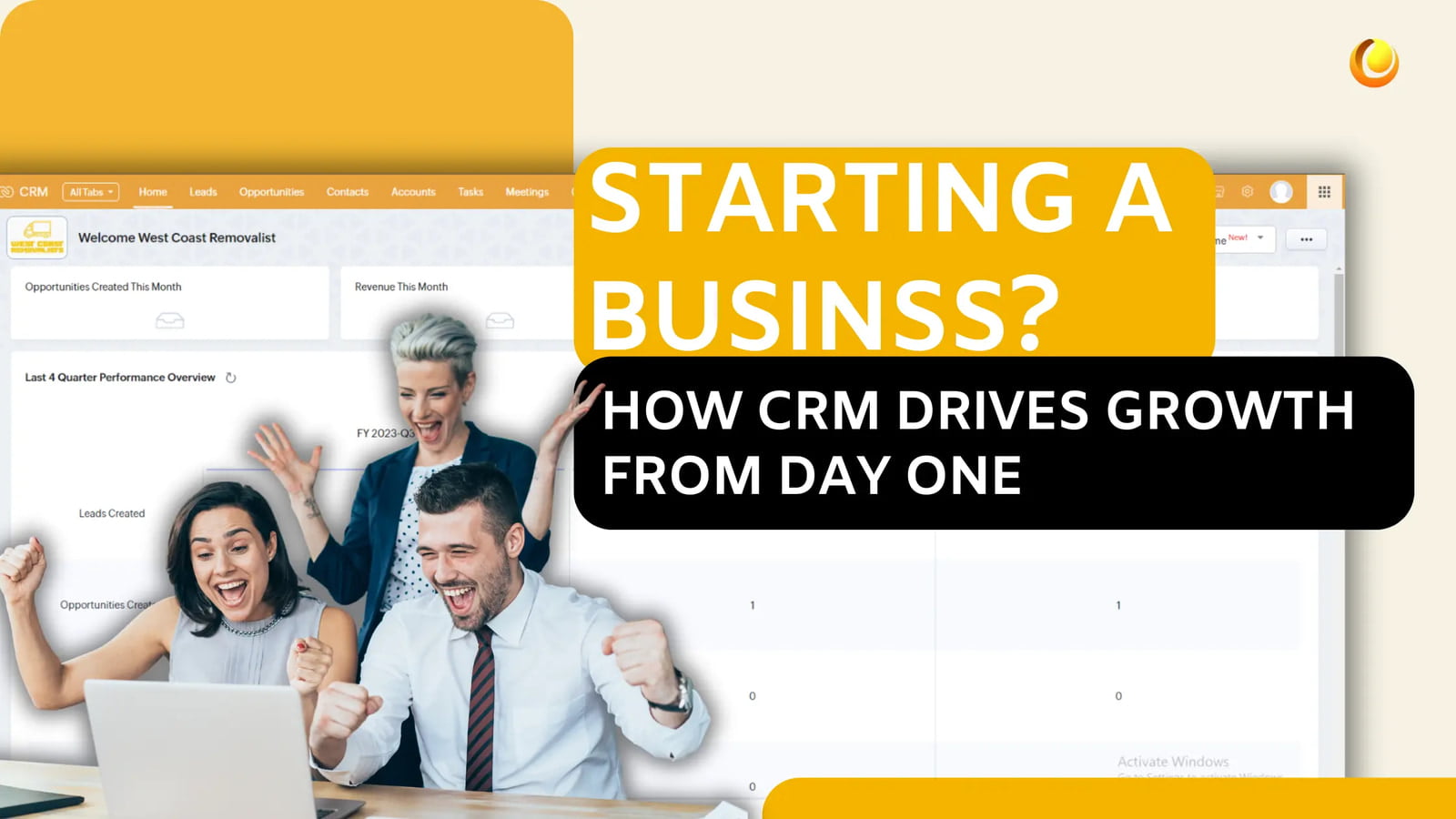
Table of Content
- Understanding CRM: What It Is and Why You Need It?
- Choosing the Right CRM System
- Setting Up Your CRM: Step-by-Step
- Essential CRM Features for Starting a Business Ventures
- Customising Your CRM to Fit Your Business
- Scaling Your CRM as Your Business Grows
- Common Mistakes Not to Make in CRM Implementation
- Conclusion
Introduction
Whether starting a business in an already bustling urban centre, a quiet rural setting, or maybe just an online business, a strong CRM system may mean the difference between failure and success. A CRM system helps you manage your relationships, streamline your sales processes, and give you customer insights.
Therefore, for individuals who have entered business, CRM investment impacts the management of customer relationships. Utilisation of an organised CRM ensures that the business meets or goes beyond the expectations of the clients from the very first day.
In this blog post, we will talk about the need for CRM, its early integration in the life cycle of your business, and how to adapt your CRM according to your unique operation requirements.
Understanding CRM: What It Is and Why You Need It?
CRM refers to managing your interaction with current or potential customers. It can be described as the strategies as well as the technologies adopted by companies to have an analysis of customer interactions, data, and the general lifecycle of a customer. The bottom line? To promote customer service relationships and further aid in retaining customers by boosting sales growth.
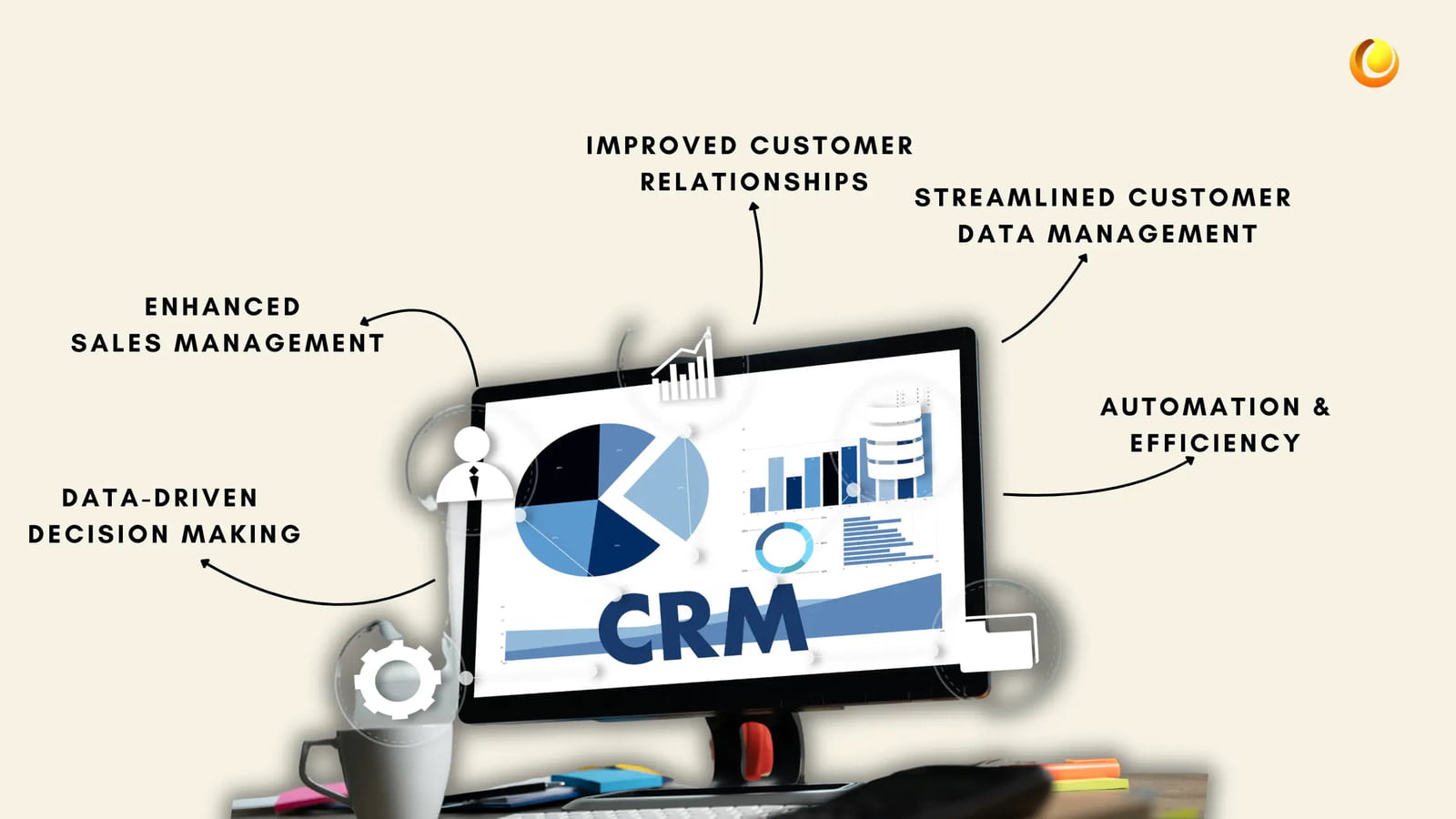
While you are starting a business, you should find out the most important reasons why a CRM system is there:
Streamlined customer data management: A CRM centralises all your customer information so that you can easily access it amongst members of your team, so everybody is on the same page regarding your customers' needs and ways of responding to their queries.
Improved Customer Experience: Customers will always feel valued due to increased retention and improvement in satisfaction if you know how customers think or act and work your way to provide tailor-made services for them.
Better coordination of teams: It makes sharing of relevant customer information easier for both the sales, marketing, and support teams; hence a collective approach towards meeting clients' needs is made possible.
Statistically, companies implementing CRM systems experience a considerable improvement in their performance. Studies show that businesses can increase customer satisfaction levels by 30% after adopting a CRM solution. As you are starting a business, these benefits will not only help you retain customers but also attract new ones, setting a strong foundation for future growth.
Choosing the Right CRM System
When starting a business, choosing the right CRM system can feel overwhelming. There are a lot of CRM options in the market. So, when you are starting a business, it's important to consider a few key factors before making a decision.

Scalability and Flexibility: As your business grows, your CRM should grow with you. Look for a solution that allows for easy scaling and offers flexible features that can be adapted to your changing needs.
Customisation Options: Every business is unique, and your CRM should reflect that. Choose a system that provides robust customisation capabilities to tailor the platform to your specific workflows.
Ease of Use and Accessibility: Your team should be able to navigate the CRM without extensive training. A user-friendly interface ensures that everyone can leverage the system effectively, particularly when starting a business.
Cost-Effectiveness and Integration Options: Consider your budget and ensure the CRM offers a cost structure that fits within your financial plan. Additionally, check for integration capabilities with other tools you may be using.
Some Popular CRM Platforms:
Zoho CRM: Known for its extensive customisation options and affordability, making it a great choice for startups.
Salesforce: Offers a comprehensive suite of features, ideal for businesses planning for rapid growth.
HubSpot: Provides a free tier with essential features, perfect for businesses just getting off the ground.
Tip: When starting a business, consider beginning with a scalable and feature-rich CRM that balances simplicity for small teams and the capacity for growth.
Setting Up Your CRM: Step-by-Step
Once you’ve chosen the right CRM for your business, it’s time to set it up properly. A structured approach to CRM setup can ensure that you reap maximum benefits from the outset.
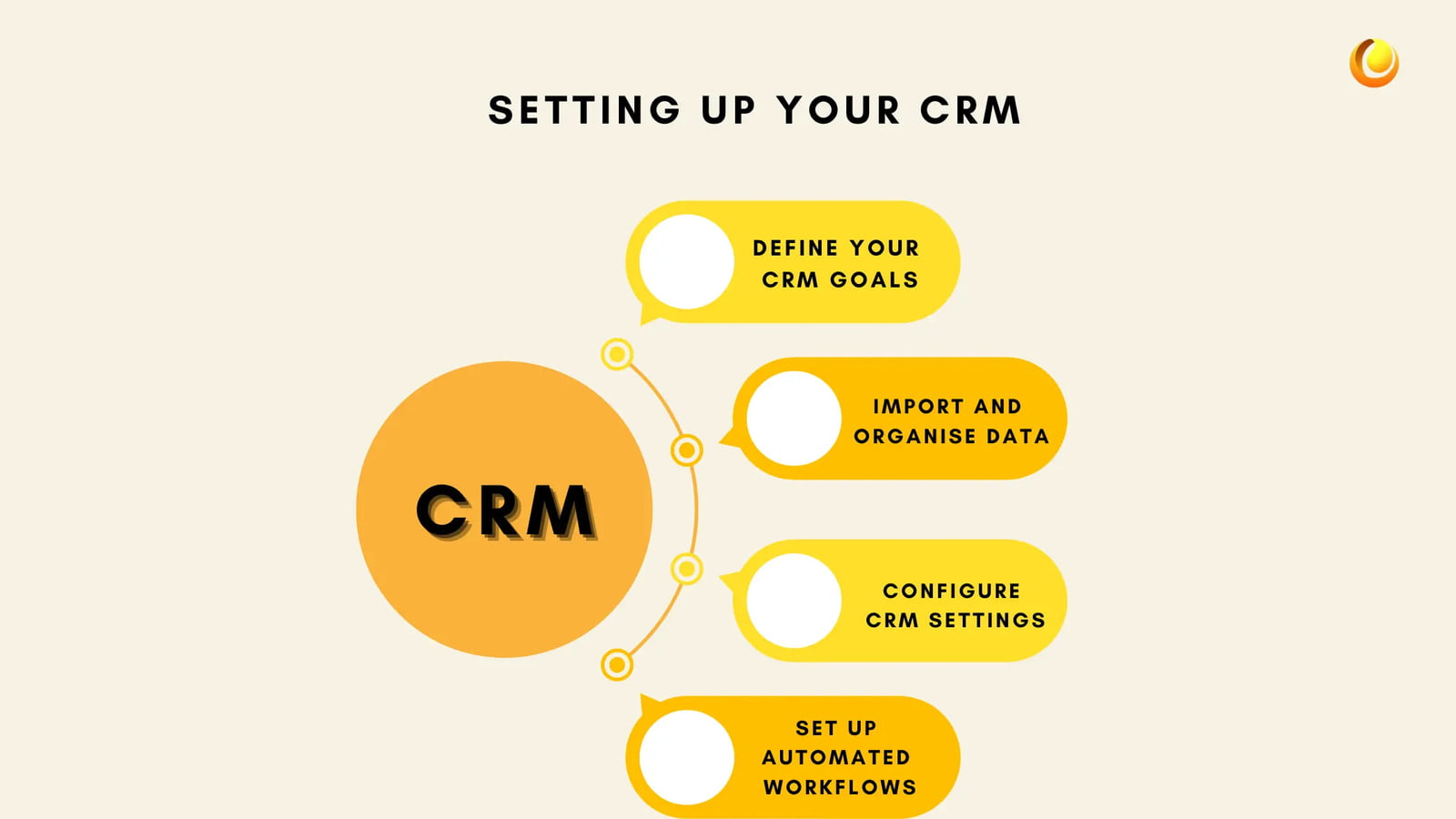
Step 1: Define Your CRM Goals
Before diving into the technical setup, take a moment to define your CRM goals. Are you looking to improve customer retention, streamline sales processes, or enhance customer support? Aligning your CRM objectives with your overall business goals will provide clarity during the implementation phase.
Step 2: Import and Organise Data
Data is the backbone of any CRM system. Begin by importing existing customer data into your CRM. Ensure that the data is clean and well-organised; this will facilitate effective use of the CRM. Spend time categorising your data into relevant fields to allow for easy access and management. For those entrepreneurs who are just starting a business, data can be a boon for you, the only thing you will need is knowledge of how to utilise data.
Step 3: Configure CRM Settings
Customise your CRM settings to reflect your business operations. Set up custom fields, workflows, and user permissions to ensure that the CRM serves your unique needs effectively. This configuration will make it easier for your team to use the system intuitively.
Step 4: Set Up Automated Workflows
Automation is one of the most powerful features of a CRM. Create automated workflows for lead nurturing, customer follow-ups, and task assignments. By doing so, you save valuable time and reduce the risk of human error, allowing your team to focus on what matters—building relationships with customers.
By meticulously following these steps when starting a business, you lay the groundwork for a CRM system that truly supports your operations and enhances customer engagement.
Essential CRM Features for Starting a Business Ventures
When you are setting up your CRM, you want to have features that will sustain your business when it is growing. The following are some of the basic CRM features that a new business should consider.
Lead and Contact Management: The best CRM should be able to track information relating to your customers, lead management, and audience segmentation based on different criteria to focus the right sales efforts on the best prospects. For those who are starting a business lead and contact management is crucial and you need to pay attention to it.
Sales Pipeline and Opportunity Management: You can now visualise your sales process with a structured sales pipeline. You can track deals at various stages and help your sales representatives better manage their time and efforts.
Customer Service Integration: The customer service system should have a smooth integration since most satisfaction is achieved in the same. A CRM can control support tickets, track all the queries raised by a customer, and facilitate communications to ensure no customer problem goes unaddressed.
Reporting and Analytics: The second important key to successful operations in business is data-driven decision-making. A proper CRM should give reporting and analytics features that give insights into customer behaviours, sales trends, and overall performance. This will help you to strategise for your business and point out areas that need improvement.
Including such key features when starting a business will ensure that you have been well prepared for all the immediate challenges but still set up for long-term success.
Here are some dummy screenshots and from Zoho CRM that might help you to understand how you can utilise CRM
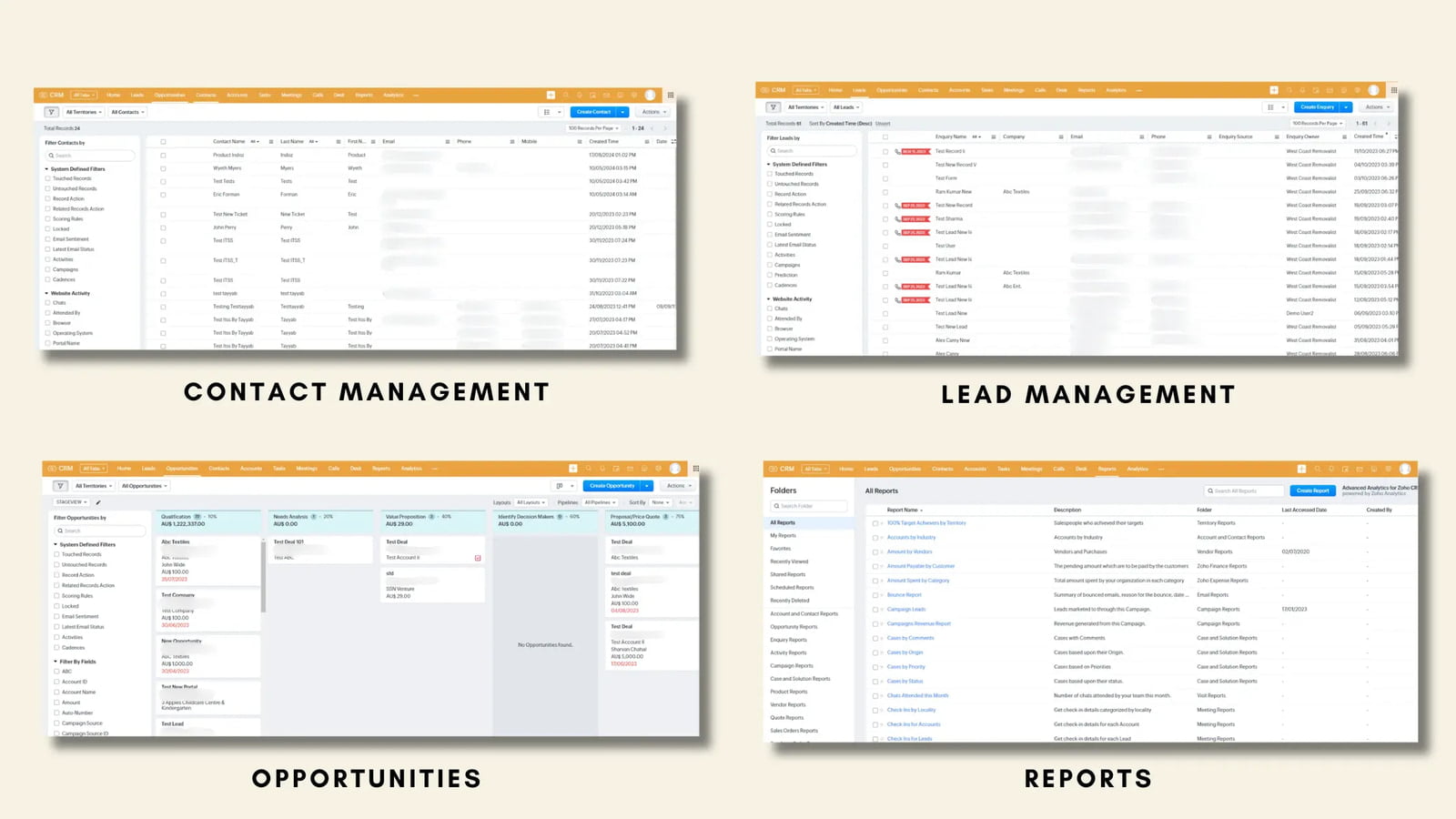
You can understand it more better with this Funnel example.
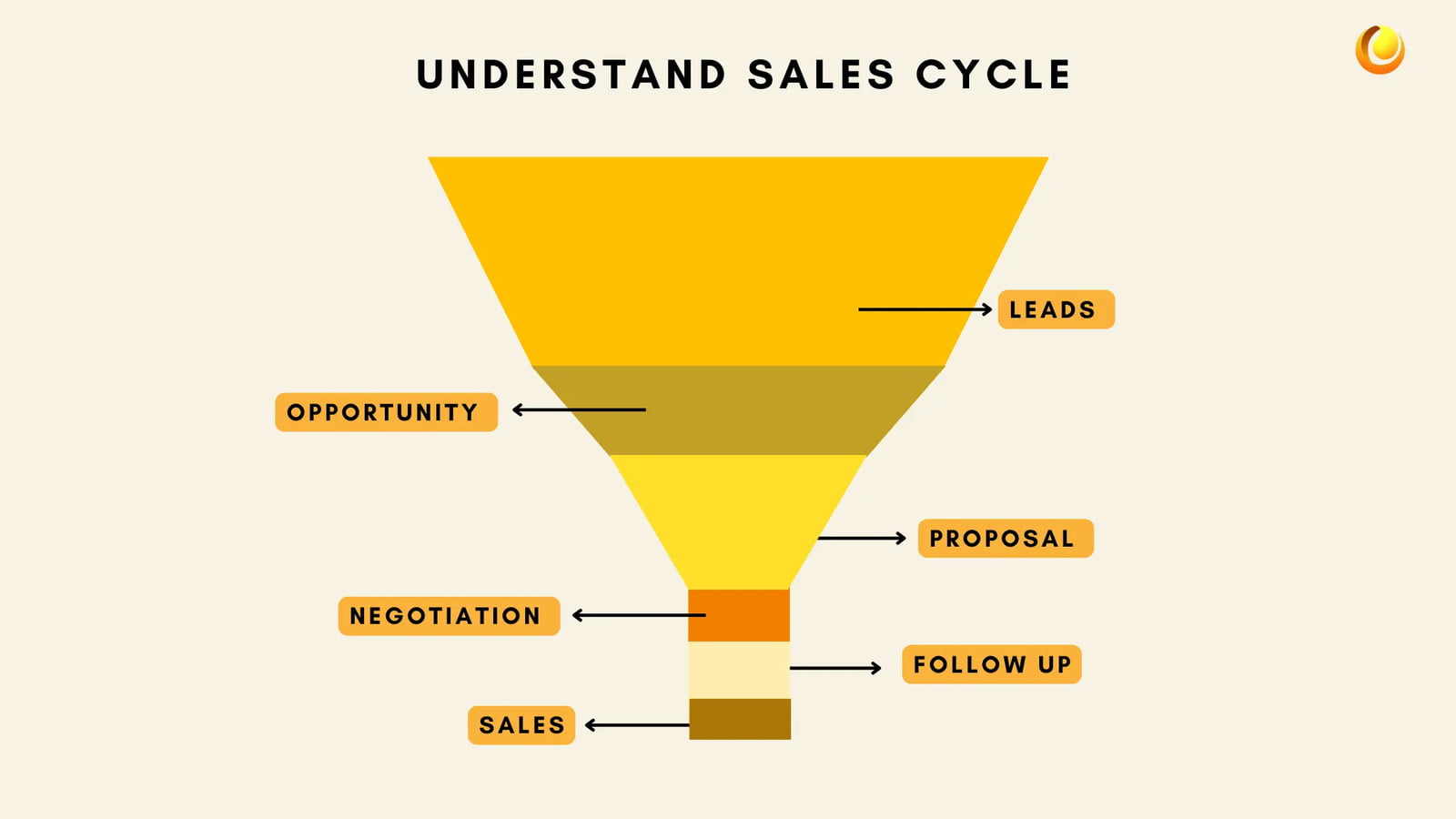
Customising Your CRM to Fit Your Business
The best feature of a CRM system is the potential to become tailored to fit exactly what you will need when you are starting a business. Below are some of the key areas of personalisation that can make a really big difference in your CRM experience:
Customised fields, buttons, and layouts: To match your business' industry and operations and collect and manage the most relevant data to your business. Optimising processes unique to workflow are also improved with customised buttons.
Conditional Fields to Ease Data Entry: Conditional fields will reduce the effort put into data entry by only displaying relevant fields based on selections made. It creates a cleaner, user-friendly interface for your sales team, especially when you are just starting with limited resources.
Use Multi-Page Layouts as well as Subforms: Subforms are utilised for capturing the detailed information that is associated with a single customer or transaction. Where business lines are myriad, multi-page layouts help in data management. This can be in your checklist if you are thinking about starting a business.
Implement Validation Rules and Leveraging History on Picklists: Validation rules are set up to ensure that correct information is entered into the system, which maintains the integrity of the data. Picking history helps you to track key changes happening over time in a customer interaction, thus making better sense of customer journeys.
Harness those customisation options to create a CRM system that not only meets your needs today but also grows with your business.
Scaling Your CRM as Your Business Grows
Apart from increased complexity in business operations, the CRM has to keep up with growth in the business not just limited to starting a business. The following describes how you can scale up your CRM as your business expands:
Support for multiple currencies and multi-language functionality: If you have your organisational goals set as global expansion in the marketplace, multiple currencies and multiple language functionalities of a CRM system are much in importance. This can simplify all the transactions and ensure that your sales team communicates effectively with international markets.
Advanced automation through custom functions: With low-code scripting, you can build and create custom functions to streamline complex business processes. Then the CRM can fetch data coming from different applications like accounting software into one application, thus making things go faster. Automation is the backbone for business with small teams especially if you are just starting a business.
Associations and Custom Components: This helps to attach records of multiple modules as your data develops, which gives it the contextual value for in-depth analysis of interactions.
Replication of Custom Settings Across Accounts: If you manage multiple accounts or teams, the ability to replicate your CRM settings will save you time and effort. It keeps uniformity in your activities and smoothens onboarding processes when new teams are in the pipeline.
These are aspects of scalability, and considering them when starting a business would enable your CRM to always have the punch during scaling and complexities.
Common Mistakes Not to Make in CRM Implementation
Even though establishing a CRM has myriad benefits, there are particular mistakes new businesses ought not to be aware of if they want to exhaust their investment: If you are starting a business you may like to pay attention to some of these common mistakes.
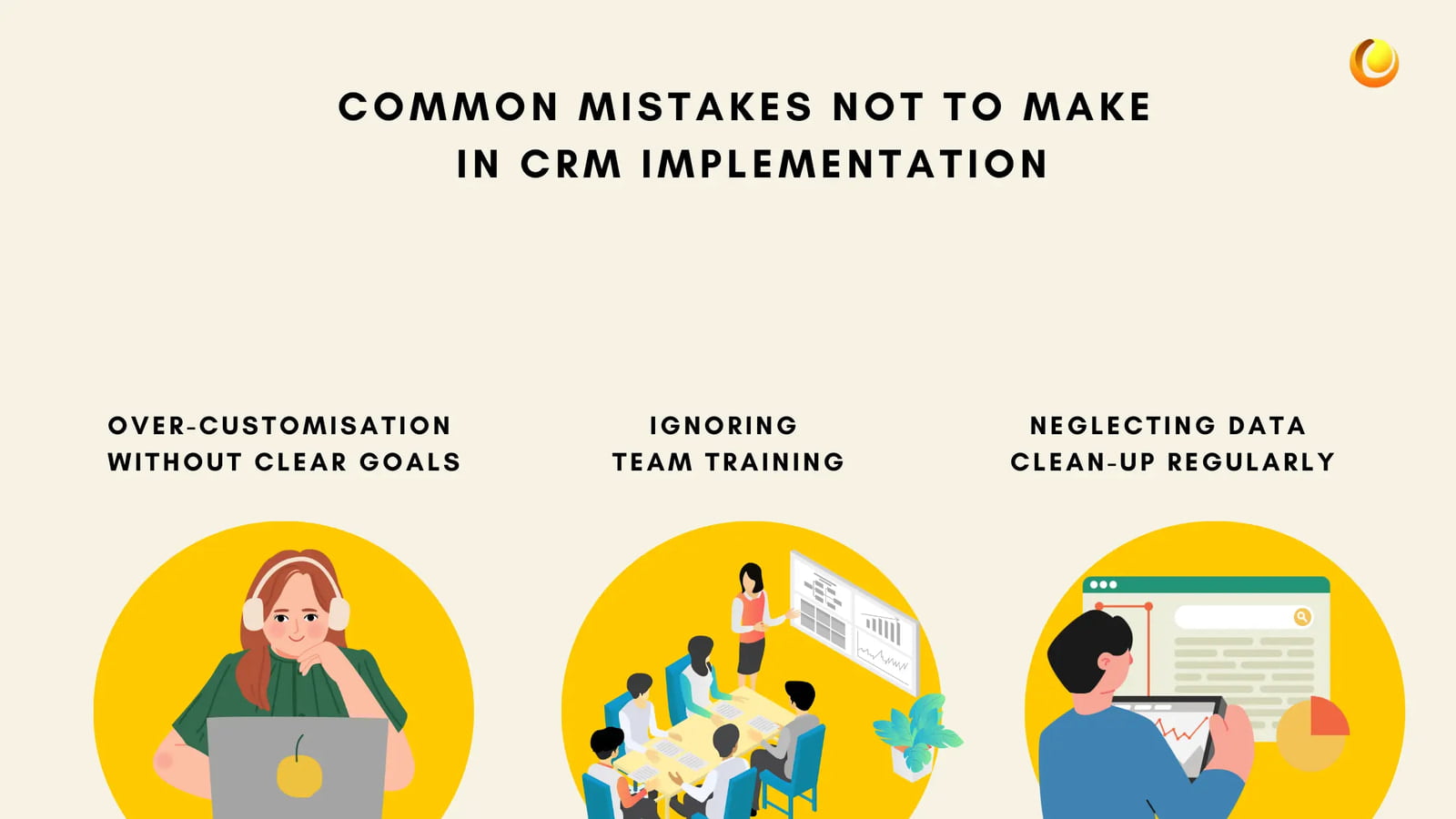
Over-Customisation without Clear Goals: The most common mistake that businesses make is over-complicating the CRM by introducing too many unnecessary custom features. Make sure such changes are aligned with your business objectives, so you don't confuse your team.
Ignoring Team Training: The best CRM is meaningless if the team does not know how to use it. There is a need to give time to training your employees on the functionality and how to use it properly to gain maximum output.
Neglecting Data Clean-Up regularly: Data cluttered with duplicates and out-of-date information is usually a time-consuming process in the CRM. Auditing and clean-up of the data need to be conducted regularly for efficiency and accuracy.
When starting a business, you can avoid many common mistakes with CRM so that there is a highly streamlined and more effective system with a newly set-up business.
Conclusion
A business venture has its full share of surprises and challenges. Investing in a CRM system from scratch is the smartest thing you could do when you are starting a business. You will get streamlined operations on one side and strengthened customer relationship lifelines on the other side.
We've talked about how the critical first steps involve understanding the basic concept of CRM, making the right choice, installing it properly, and fine-tuning it according to your business needs. Lastly, scaling your CRM in proportion to your growing business and avoiding common pitfalls would help you make the best use of this tool.
Having a CRM will of course give your business that extra edge at the summit of customer expectations, this is why the usage should never be an exception with modern business ventures.
Starting a business with high-end technologies is important nowadays. Enjoy power through CRM and find yourself a way to the establishment of a successful venture complete with long-lasting customer relationships that pave the road ahead for business growth.
Whether you are starting a business or have an established business, If you need CRM or want to improve/customise your CRM, then you can connect with IT Solutions Solved. We have tons of experience in almost every industry.
Thanks for your valuable time. I hope you liked this post.





